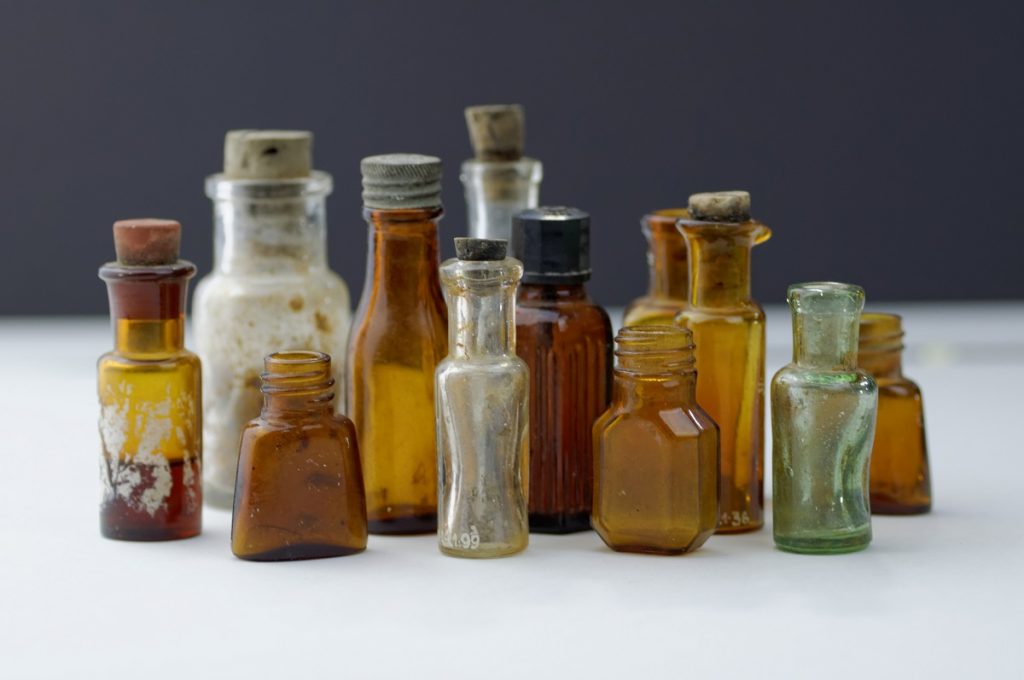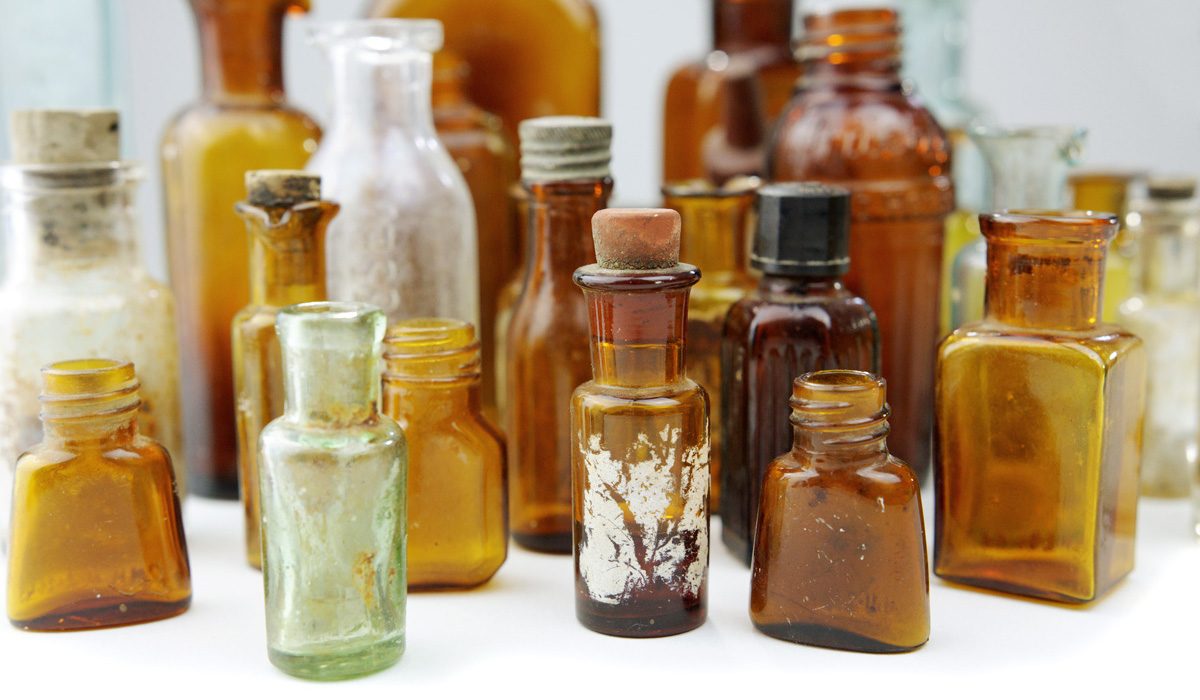Not everyone in the camp could be saved. Not everyone could be helped. In her book “Czy świadek szuka zemsty?” [Does a Witness Seek Vengeance?], Danuta Brzosko-Mędryk, a former prisoner at Majdanek concentration camp, observes that even the most extensive monograph cannot hope to convey the whole brutal truth of the harsh reality that marked the years of Nazi occupation, because to do that, one would need to encompass the life or death of every individual prisoner.
We repeatedly asked Ms Danuta to describe the actual reality of the camp. Did the doctors ever have doubts, moral dilemmas? What did they feel when a child, saved by sheer miracle from the clutches of death administered in the form of sleeping pills by his own mother, died in the gas chamber only several hours later? Did they ever stop to consider which form of death would have been better, easier? How did they cope with the need to select prisoners to receive typhus fever vaccination that offered at least a glimmer of hope for survival? Whom would they deny this hope? Was its the weakest or simply people they did not know?
We do not know what influence the prisoner-physicians may have had on the prisoner selection process performed by the SS doctors at the infirmary, what we do know, however, is that they were able to shelter many of their patients or discharge them from the infirmary before an impending selection. Initially, many resented the doctors for being sent back to their blocks prematurely, but that feeling lasted only until they realized the true motivations of the physicians. People were also sometimes envious of those employed at the infirmary, which was perceived as a “good”, indoor job. The sick, emaciated prisoners found it difficult to understand why they could not receive help every time they came in for treatment. They would often express their bitterness directly or complain among themselves, referring to doctors and medical staff as “make-belief intelligentsia”.
None of the Polish doctors selected prisoners for the gas chambers or made any such decisions. We were only expected to present the patients and hand in their charts. The selection was done by German physicians, sometimes non-commissioned officers. They would line up the emaciated human skeletons, all shivering with fatigue and fever, typhus patients are usually semi-conscious, as if intoxicated. Barely able to stand on their gaunt legs, heads large and shaved, eyes glazed and open wide with terror, they stood there, barely aware of what was happening. An SS man, kapo or two non-coms would stand in the centre with me. And he would decide: go left – to the gas chambers, or right – these were allowed to live a bit longer. And that was it. He would take the charts of everyone on the left and hand me the others. We had four hours to prepare the patients for transport.
— Romuald Sztaba, MD
Meanwhile, the infirmaries were sometimes sites of genuine miracles. In the female infirmary in Field V, the medical staff were able to shelter a Jewish boy, Moses, born on Christmas Eve 1943. They boy grew and delighted their eyes until the camp’s evacuation. Sadly he did not survive the war. Once in KL Auschwitz, they boy and his mother were both killed in the gas chambers. It would be wonderful to be able to track down the group of Jewish children that the infirmary staff were able to sneak onto a transport of Belarusian children selected for Germanization. Maybe that seemingly meager victory bore some truly remarkable fruit? None of the former infirmary staff ever had a chance to find out, but it is to them that we dedicate this exhibition. Let it be our humble tribute to those exceptional, brave and wise people, especially those who perished. Their example continues to inspire us to remain strong in the face of hardship and not lose faith in our fellow human beings.
Maria Ciesielska, Marta Grudzińska
How was I able to help others without access to medicines or dressings? Only with a kind word, a comforting gesture. It was all I could offer, as a physician and as a human being.
— Suren Konstantynowicz Barutczew, MD

Objects found at the former camp grounds, PMM
